Description
A kitchen cleaning agent is any product designed to clean, disinfect, and sanitize kitchen surfaces and appliances. These cleaning agents are specifically formulated to tackle grease, food stains, bacteria, and grime, ensuring a hygienic and sparkling kitchen environment. They come in a variety of forms, such as sprays, gels, wipes, and liquids, and are essential for maintaining kitchen cleanliness and food safety.
Types of Kitchen Cleaning Agents
All-Purpose Kitchen Cleaners
Versatile cleaners for countertops, sinks, and stovetops.
Effective against a wide range of messes, from grease to spills.
Degreasers
Formulated to break down and remove tough grease and oil, commonly used on stovetops, ovens, and grills.
Helps remove cooking residue from kitchen surfaces.
Disinfectants and Sanitizers
Kill germs and bacteria on high-touch surfaces such as handles, cutting boards, and countertops.
Some disinfectants also have antibacterial properties, making them great for eliminating harmful pathogens.
Glass and Surface Cleaners
Specifically designed to clean glass, stainless steel, and polished surfaces.
Leave surfaces streak-free and shiny.
Oven and Stove Cleaners
Powerful cleaners for removing baked-on food, grease, and spills from ovens, stovetops, and microwave interiors.
Often come in spray or gel form and require some soaking time for tough stains.
Floor Cleaners
Specially formulated for cleaning kitchen floors, whether tile, linoleum, or hardwood.
Some are multipurpose, also providing sanitizing and deodorizing benefits.
Dishwasher Cleaners
Designed for cleaning the dishwasher itself, removing mineral deposits, soap scum, and odors.
Some products also help maintain the appliance’s performance by descaling and removing buildup.
Natural and Eco-Friendly Cleaners
Made from non-toxic, biodegradable ingredients, these cleaners are a safer and more environmentally friendly choice.
Common natural ingredients include vinegar, baking soda, lemon, and essential oils.
Key Ingredients in Kitchen Cleaning Agents
Surfactants:
Help to break down grease, oils, and grime for easy removal.
Found in most all-purpose and dish cleaning agents.
Bleach or Hydrogen Peroxide:
Strong disinfectants that kill bacteria, mold, and mildew.
Often used in sanitizing solutions.
Citric Acid:
Natural acid commonly used in cleaners for its ability to cut through grease and lime scale.
Found in lemon-based cleaning products.
Ammonia:
Strong cleaner used to cut through tough grease and grime, often found in oven cleaners.
Baking Soda:
A natural abrasive used in many eco-friendly and natural cleaners for scrubbing and deodorizing.
Enzymes:
Used in some cleaning agents to break down organic matter like food stains and grease.
Choosing the Right Kitchen Cleaning Agent
Surface Compatibility:
Choose a cleaner based on the surface you intend to clean. For example, a glass cleaner is not suitable for wooden countertops, and a degreaser may damage delicate surfaces.
Strength of Cleaning Power:
For tough, greasy messes, a stronger degreaser may be necessary, while for regular maintenance, a gentle all-purpose cleaner may suffice.
Environmental Impact:
If you’re concerned about the environmental impact, look for biodegradable or natural cleaning agents free from harsh chemicals.
Fragrance:
Some cleaners are scented to leave your kitchen smelling fresh, while others are fragrance-free or lightly scented to avoid overpowering smells.
Food-Safe:
Opt for cleaners that are labeled as food-safe, especially for surfaces that come into contact with food preparation, such as countertops and cutting boards.
How to Use Kitchen Cleaning Agents Effectively
Follow Instructions:
Always read and follow the manufacturer’s instructions on the product label for best results.
Pre-Test New Products:
Before using a new cleaner on a large surface, test it in an inconspicuous area to avoid damage or discoloration.
Use Proper Dosing:
Don’t overuse the cleaner—often a little goes a long way.
Regular Cleaning:
Regularly clean surfaces like counters, sinks, and floors to prevent the buildup of grease and grime.
Ensure Ventilation:
When using stronger chemicals, make sure the area is well-ventilated to avoid inhaling fumes.
Benefits of Using Kitchen Cleaning Agents
Effective Grease Removal:
Kitchen cleaners are designed to tackle grease, oil, and food residue, making the cleaning process more efficient.
Sanitizing:
Disinfectants kill bacteria and viruses, reducing the risk of cross-contamination in the kitchen.
Aesthetic Appeal:
Clean surfaces contribute to a more pleasant and hygienic kitchen environment, enhancing the overall appearance of your kitchen.
Time-Saving:
Specialized cleaners can reduce the time and effort needed for tough cleaning tasks, like scrubbing greasy stovetops or removing stains.
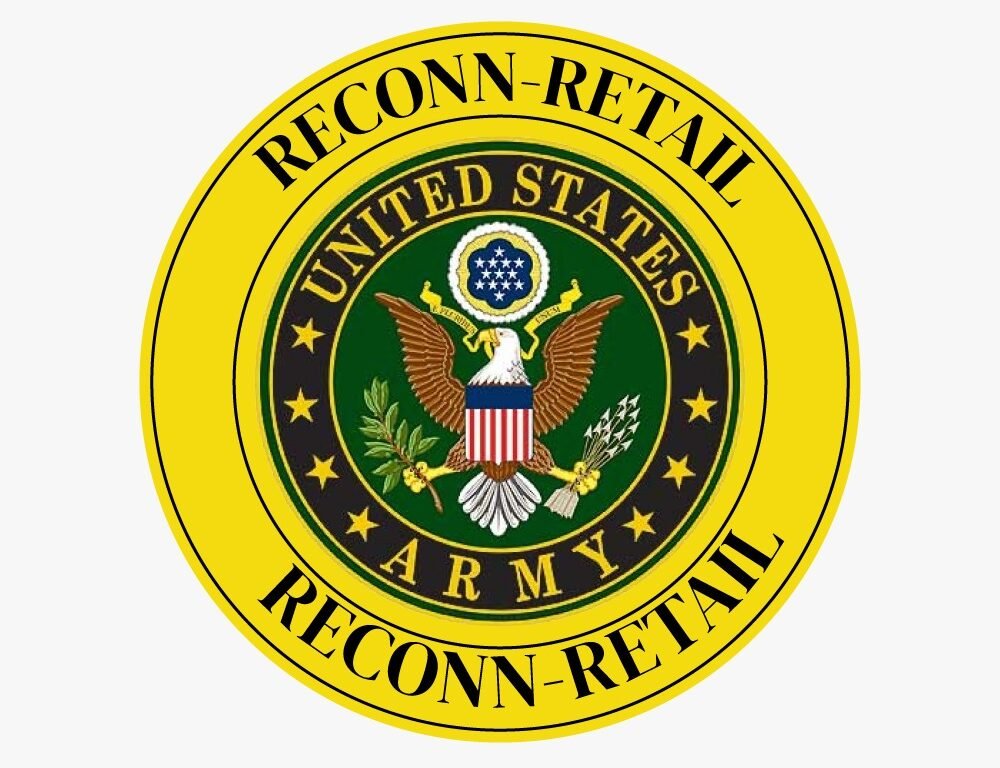

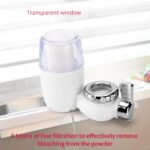
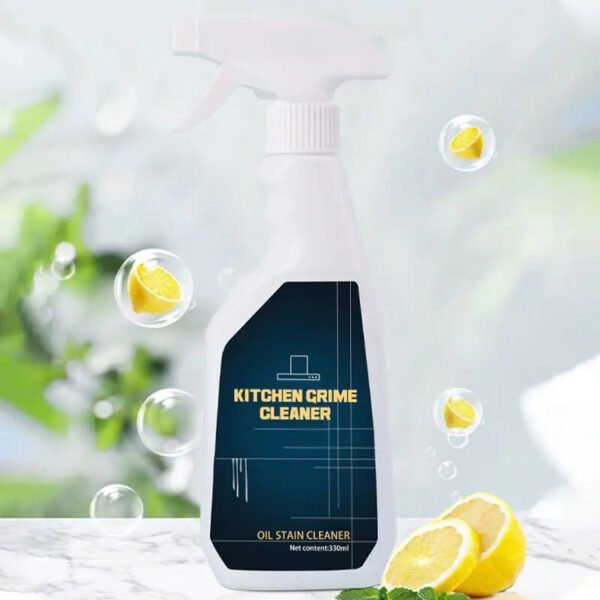


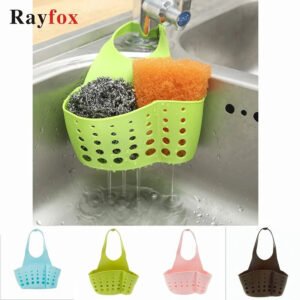
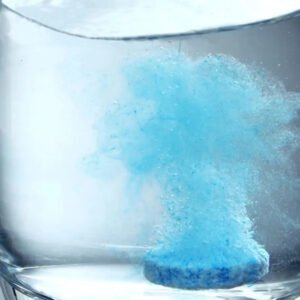
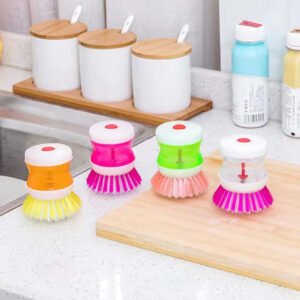
Reviews
There are no reviews yet.